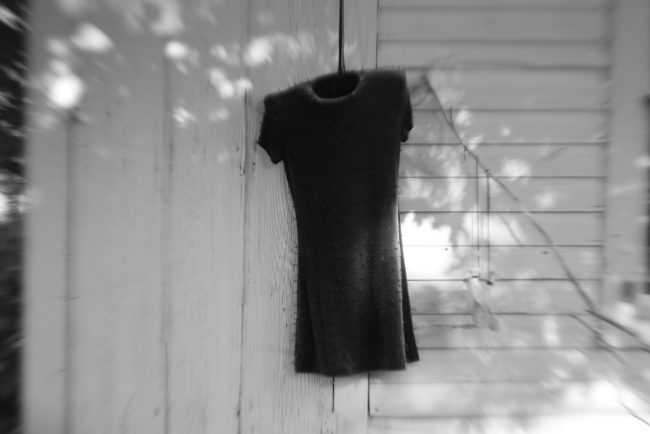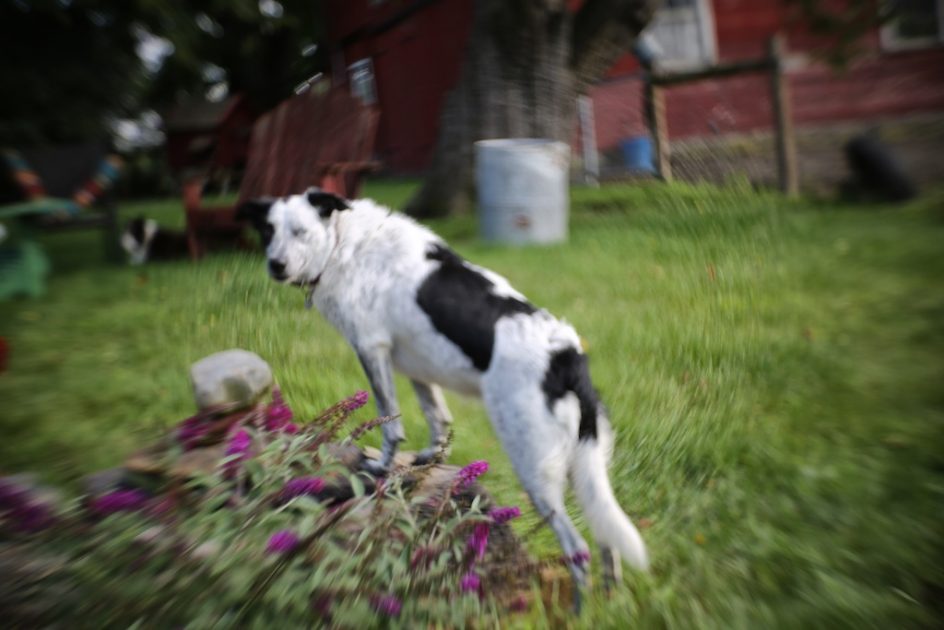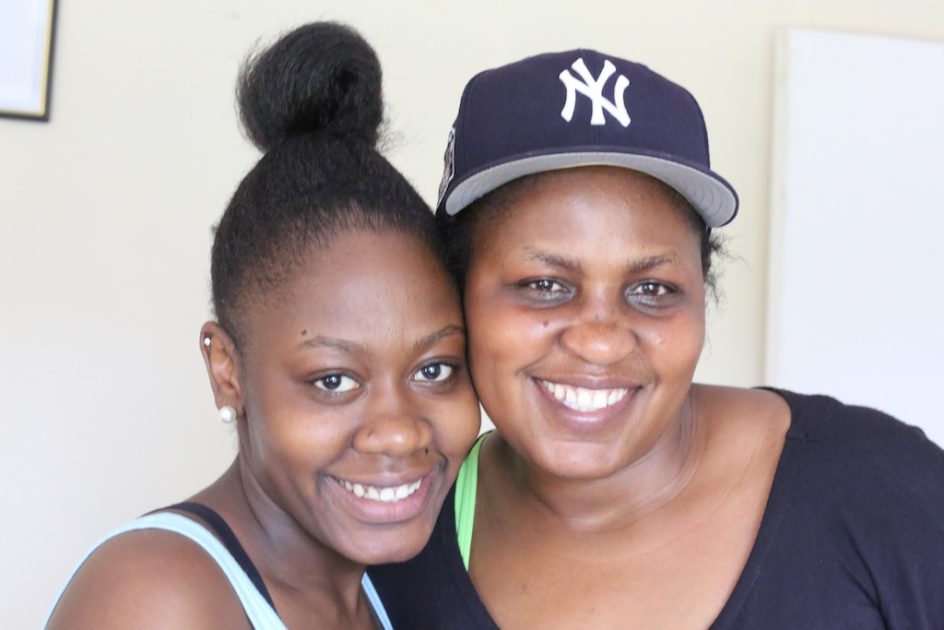
It is a dangerous thing for a writer to write about love, since it is one of the most explored and considered subjects in the history of writing of the earth. How could I possibly have something new to add to the writings about love?
It is easy to be trite about love, and obvious. But I do think about it, it did change my life, more than any other single thing. And today, I need to write about it.
Like most people, I have been looking for love all of my life, and like many people, it eluded me. I thought I found it more than once, but I was, as they say, not available to love anyone or to be loved. When I broke down almost completely as I approached the age of 60, I saw that I had to change, or I would die before I found it.
I did change. I swore I would not end my life in a loveless way. I was committed to doing whatever I had to do have a meaningful kind of love in my life, even as I could not have told you what that is. My dogs were not enough for me, but they did, I think, keep alive until the real thing appeared.
This dress – she called it the “yes/no” dress – has scores of nails embedded in the fabric. It has been with us from the beginning, a sort of curious and sometimes fearful fiber-child. It moves with us, and hangs outside of Maria’s studio every day of the year, in all weather, and in the late afternoon, when the sun brushes against it, I sometimes come out to visit it and photograph it, although I rarely post the pictures.
I usually decide that the meaning the dress is so personal it would have no relevance to anyone. Some of the good people who have put up with me from the beginning know something of it’s story, but most of the people who pass by don’t give it a thought.
But today, I wanted to write about it.
When I first met Maria, she took over one of my barns in Hebron and began resuming her art after a long and difficult time. This dress was one of the very first things she made in my barn, she made it for an art show we both decided to sponsor after we first met, we called it “Art Harvest” and it was held at Gardenworks in Salem. It was the first time I ever showed my photographs to the world and the first time Maria had shown her art in years.
For both of us, a coming out, and the start of a remarkable friendship.
I grasped the symbolism of the dress immediately. It said get close/go away at the same time. It was a warming and an invitation, I took it almost as a dare, or perhaps, a challenge. Maria did not like men very much then, and she isn’t crazy about them now. She trusted very few people.
I knew I had to be patient and thoughtful if we were to ever get together, and if she could ever love me as I had begun to love her.
I can’t quite explain it, but I always knew Maria and I belonged together, even long before I thought it possible. Maria seemed to see right through the fire and mist to the heart and soul of me, she didn’t seem to see the craziness, anger, confusion and crippling depression and anxiety that was eating me up, or take it seriously.
She saw the good in me, and so I came to see some of it as well, as if looking in a powerful mirror.
Maria saw the person I wanted to be, and saw it as the person I was.
She cut through the bluster and defense and posturing and delusion and hiding.
She saw beyond the mental illness. I think i did the same with her.
I saw the artist that wanted to come out right away, and offered her a barn to work in, some head and creative space she desperately needed. Although it was several long and hard years before we became lovers, this interaction connected us as friends and gave our friendship the chance to grow. It started out well and only became better and richer.
The “yes/no” dress was a reminder and a symbol that I would have to work long and hard to win her trust, let alone her love. She had just ended a long and unhappy marriage, as I had, and neither one of us was looking to make another mistake.
The “yes/no” dress appeared in the art show and then hung in Maria’s new barn (she thought barn was hers from the first day). I saw it almost every day, even though Maria never mentioned it and I never asked about it. We both were very closed up at the time, even standoffish. Although I rarely saw her (she worked late at night) I left an almost daily stream of chocolate, cheese and popcorn for her. It was always gone in the morning.
My big and beautiful farm was a fort and a castle as much as a home, I hid from the world there and went mad from loneliness and sickness of the head. Maria brought it to life.
It was a good place to withdraw while I worked to heal. It was a good place for Maria to find herself as an artist again, and the rest is, of course history. As I began to heal, I became more available, more open to love. As she did her art, so did she. From the first, we simply seemed to know one another. We never lied to each other, hurt each other, or even misunderstood one another. We each felt known by the other, and I can’t even say how important that is when it comes to love.
No relationship is perfect, we had and have our challenges and differences, but we are always open and honest about them and now, confident in our trust and respect. Arguments do not have to be hurtful, they can be productive and cleansing. We do not ever build up resentments, we get them out right away, and they did in the light. I learned to say I’m sorry, although it still sticks in my throat.
I knew I would have to learn the art of listening to have a relationship, I knew I had to be a source of nourishment, not of doubt or anxiety or any kind of denigration. To love fully is to give yourself to another completely, to take the leap of faith and walk right over the cliff. You will either land on something soft or go to pieces. You have to take the risk. You have to be open, and then open, and then open again.
Love is about acceptance, and certainly, compromise after compromise. It is about empathy, the putting oneself in the shoes of another. It is about surrendering some parts of oneself to another human being, while never surrendering identity and self-respect. Lovers never make each other feel small.
I love Maria for who she is, and not for anything else, and the same is true of her love for me, or so I believe. The “yes/no” dress was the beginning of our relationship, and it taught me that Maria would have to decide to take the frightful plunge also, if we were to love one another. I always remembered that the name of the dress had a “yes” in it as well as a “no.”
To love well is not simple, not easy, not even necessarily romantic. To do anything worthwhile or well takes a lot of hard work, and must never be taken for granted. Determination helps, some courage is necessary. Love is, I think, about the small things, as well as some bigger ones.
Fear, after all, is just a geography, a space to cross. I just had to close my eyes and walk through it.
Two damaged people had to choose between life or a loveless existence. We both said yes, and I am ever grateful to the “yes/no” dress, which hangs outside Maria’s studio bearing witness to the choices we make in life, and the risks we have to take.
We both said “yes.”


